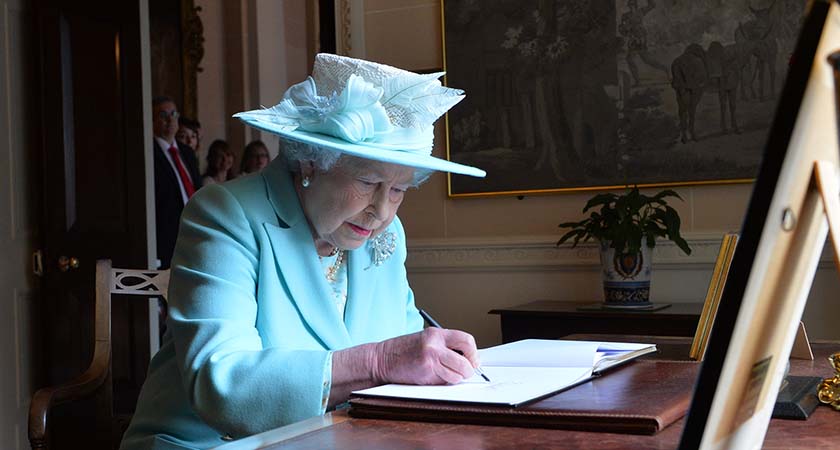MANY of the outdated enactments from the Parliaments of Ireland, England, Great Britain, and the United Kingdom of Great Britain and Ireland over the last 800 years were recently abolished by the Irish Government.
Here are seven of the most bizarre:
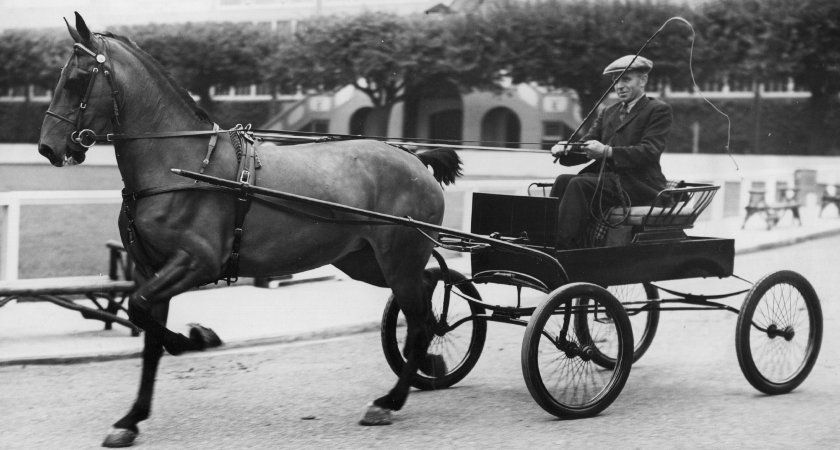 1. Not horsing around
1. Not horsing around
The death penalty of 1590 for selling horses out of the English ruled area of the 'Pale' or Greater Dublin was put in place to prevent English settlers from trading with Irish clans who were still in power in large parts of the country.
2. King or Queen?
A proclamation of 1542 declaring that the English crown shall be "King of Ireland" was ineffective once Ireland became a Republic in 1949 but the law continued with its place on the statute books until 2015.
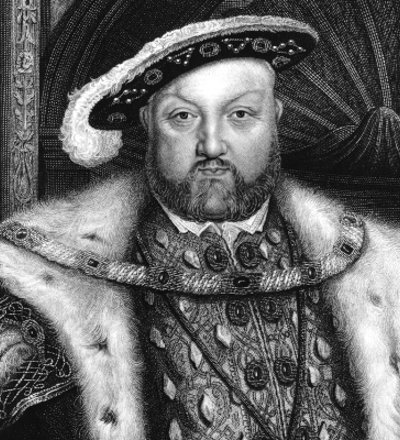 3. Say nothing about Henry and Anne
3. Say nothing about Henry and Anne
We can now safely criticise the marriage of King Henry VIII to his second wife, Anna Boleyn after he divorced Catherine of Aragon, following the purge of the 1533 law prohibiting criticism of the union which also prompted the English Reformation and its schism from the Catholic Church.
4. No longer a traitor
A proclamation in 1561 declaring Shane O'Neill to be a traitor has also been removed. O'Neill was an Irish king of the O'Neill dynasty of Ulster. The Earl of Sussex, who was Lord Lieutenant of Ireland, had him proclaimed a traitor and also attempted to assassinate him by poisoning his wine.
5. Don't worry about the plague
Worrying about the bubonic plague has been consigned to history after the order made in 1665 setting down the first Wednesday of every month for fasting and penance for the relief of the bubonic plague in London was scrapped.
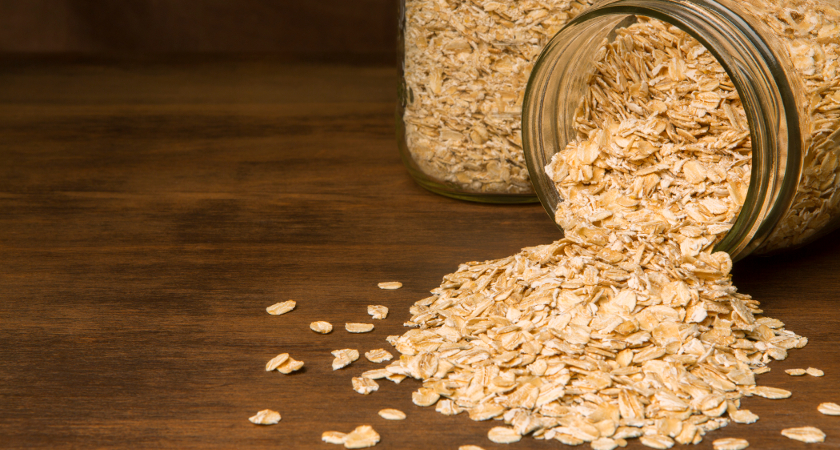 Tight shot of rolled Oats spilling from a glass canning jar onto a rustic dark wool table top with an out-of-focus burlap background.
Tight shot of rolled Oats spilling from a glass canning jar onto a rustic dark wool table top with an out-of-focus burlap background.6. Porridge can be posh!
One can be posh and eat crisps and porridge now after the proclamation of 1817 ruling that the consumption of potatoes and oatmeal should be kept for the “lower orders” was also repealed in 2015.
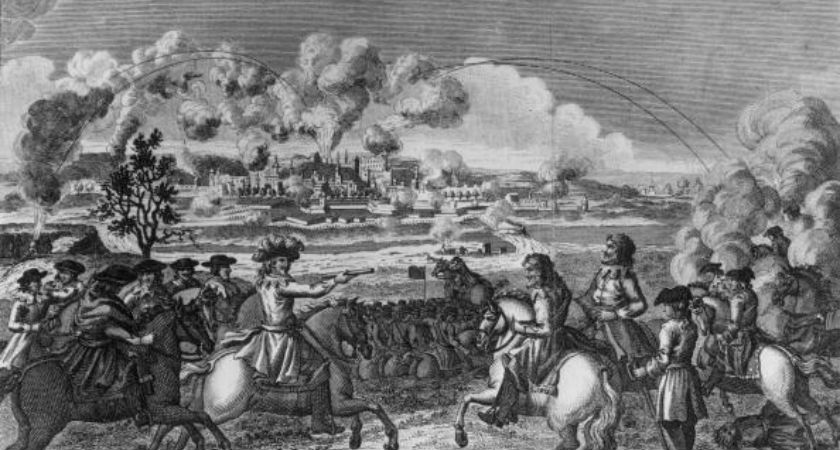 The storming of Drogheda by Cromwell and his troops, 1649. (Photo by Hulton Archive/Getty Images)
The storming of Drogheda by Cromwell and his troops, 1649. (Photo by Hulton Archive/Getty Images)7. So long Cromwell
Catholics are now safe to live all over Ireland after Oliver Cromwell's "to hell or to Connacht" demand to Irish Catholics which was put into practice in 1654 and saw the removal of Catholic landowners with their wives, children and families from the provinces of Leinster, Munster and Ulster to Connacht. The old law was recently binned by the Irish Government.

